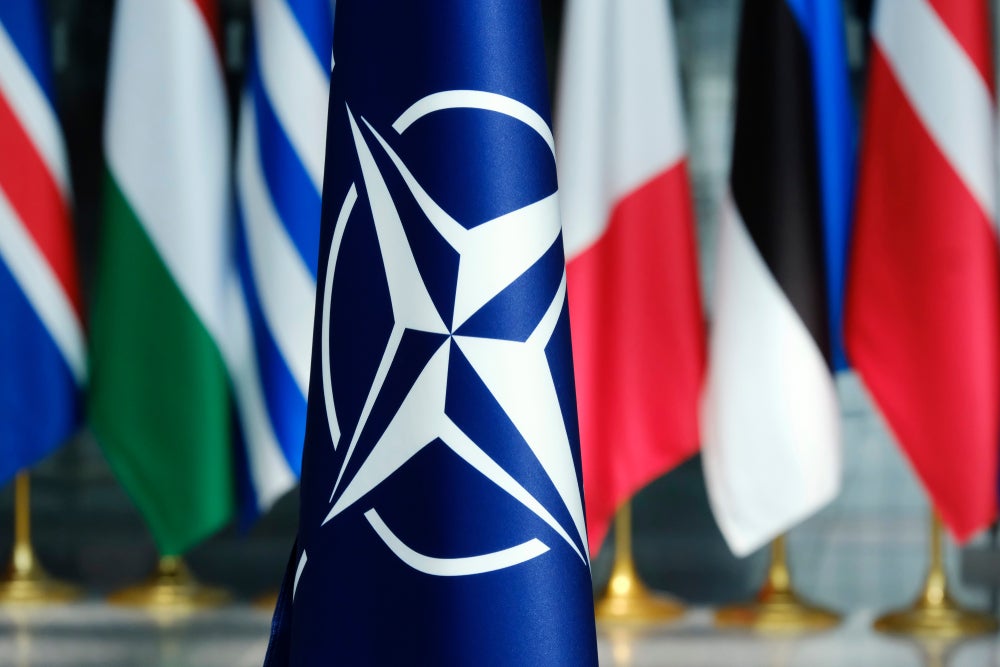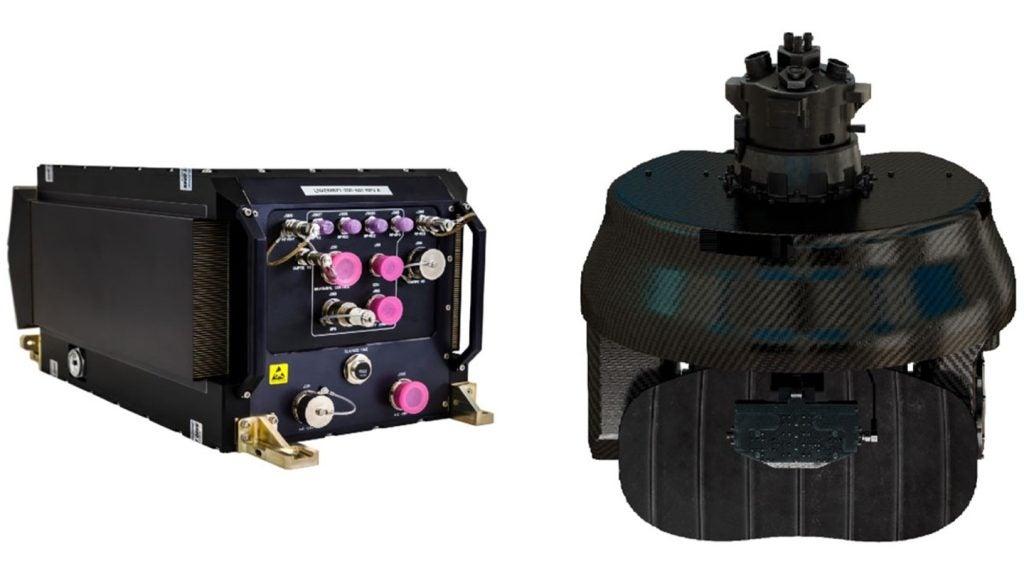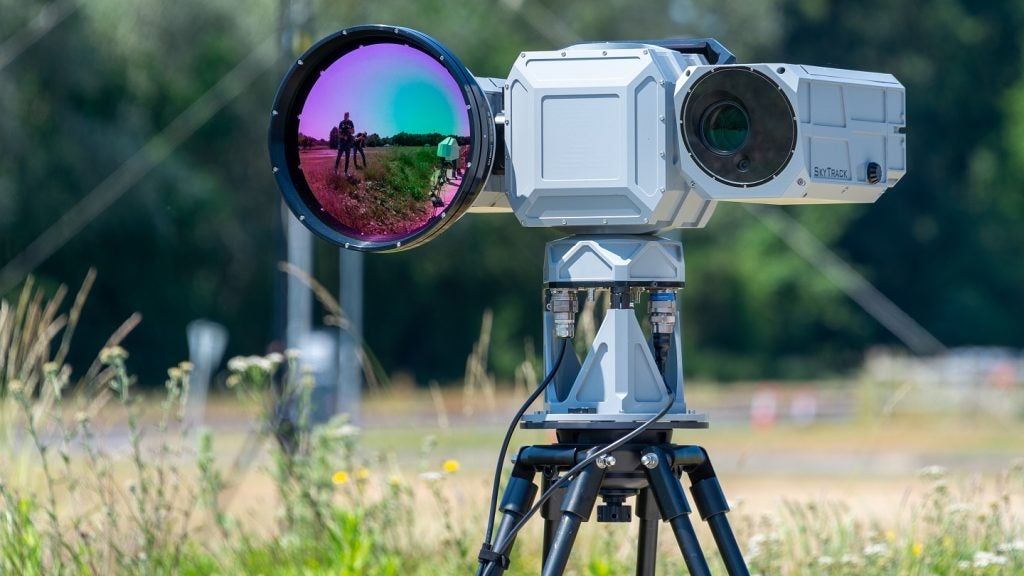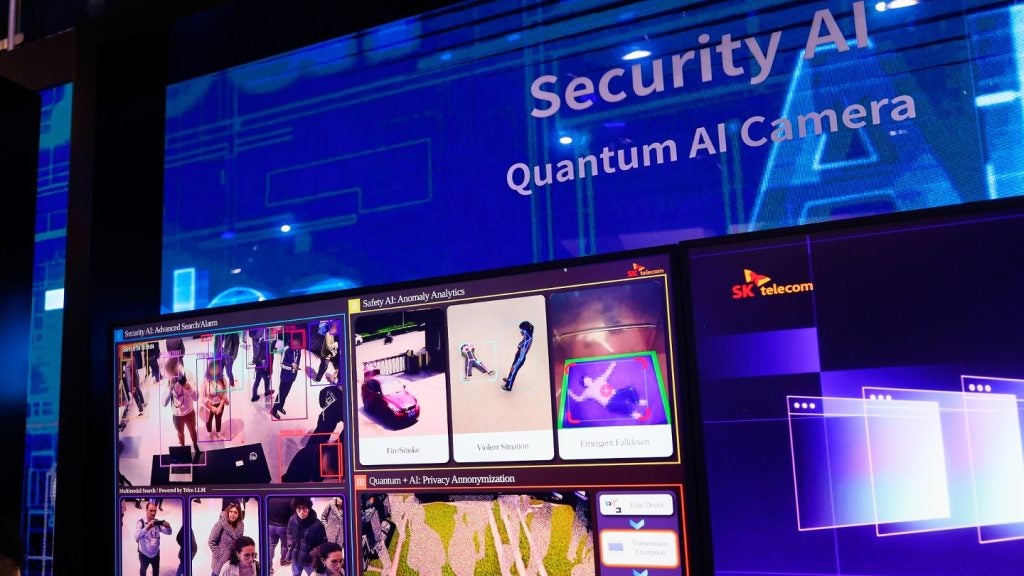
As geopolitical tensions around the globe drive investment in defence modernisation and innovation, technologies including artificial intelligence, biotechnology, autonomous platforms, materials science and quantum computing have been designated as critical disruptive technologies for several NATO members.
Unlike most other emerging markets, the lack of technological maturity and thus immediate military applications has comparatively stymied the growth of the quantum computing sector. However, as the evolution of both military technologies such as hypersonic weapons and civilian technologies such as low-cost drones undermine previous assumptions of strategic overmatch, leaders within the NATO alliance are determined to regain and retain that advantage by leveraging the quantum computing sector to enhance capabilities including sensing, encryption, data management, simulation and modeling, and autonomy.
NATO recently published its first-ever Quantum Technologies Strategy document detailing its ambition to become a “quantum-ready alliance” by fostering a collective research and development approach underlined by steady investments at both the domestic and alliance level. The strategy outlines objectives including scoping the most viable dual-use technologies, developing standards and policy frameworks, establishing a Transatlantic Quantum Community, securing supply chains against vulnerabilities to foreign competitors and transitioning to quantum-safe cryptography across the alliance. These efforts will be underpinned by investment from both the Defense Innovation Accelerator for North America (DIANA) and the NATO Investment Fund (NIF) once they become operational, helping the alliance shape its quantum ecosystem from strategic and industrial policy perspectives.
Deep Tech Lab – Quantum shows commitment to quantum tech
A recent development illustrating NATO’s commitment to its quantum technologies strategy was the creation of the Deep Tech Lab – Quantum in Copenhagen, Denmark in late 2023 to support DIANA. The decision to base this facility in Denmark is likely due to the Danish government’s proactive engagement with the quantum sector via both academia and industry, with Denmark having published its own National Strategy on Quantum Technology document and allocated €161 million ($171 million) in funding between 2024-2027 to support the domestic quantum ecosystem.
Other propositions within Denmark’s strategy, such as the creation of a Quantum Fund to support innovation and the desire to strengthen security infrastructure against future quantum-based threats, have rendered the Danish market particularly attractive to both startups and investment firms. Quantum Exponential, a UK-based venture capital firm specialising in the quantum technology sector, opened offices in Denmark in late 2023, while the Danish Quantum Community (DQC) initiative has continued to expand as new startups, investors and end-users seek to connect within the Danish quantum ecosystem. With easy access to such industrial and academic networks, NATO’s Deep Tech Lab – Quantum will be far more capable of identifying novel applications and integrating capabilities as and when they emerge, ensuring the alliance maintains a competitive edge.
See Also:
NATO member states ready to deliver on vision
While European nations are expanding their investments, the biggest NATO investor in the quantum technology market remains the US by a large margin, with major government funding initiatives such as the National Quantum Investment Act 2018 or the more recent $75 million allocated by the US Department of Defense to supporting its Quantum Transition Acceleration (QTA) project in 2024 incentivising growing private investments as well. All branches of the US armed forces have dramatically expanded their footprint in the quantum technology market in recent years, collaborating with domestic specialists such as IBM, SandboxAQ, BAE Systems and Lockheed Martin on programmes exploring service-specific applications for emerging quantum tech. Meanwhile, the US government’s growing fiduciary confidence in the quantum sector has spurred greater private sector collaboration as firms partner to bring quantum from the conceptual to the commercial.
How well do you really know your competitors?
Access the most comprehensive Company Profiles on the market, powered by GlobalData. Save hours of research. Gain competitive edge.

Thank you!
Your download email will arrive shortly
Not ready to buy yet? Download a free sample
We are confident about the unique quality of our Company Profiles. However, we want you to make the most beneficial decision for your business, so we offer a free sample that you can download by submitting the below form
By GlobalDataL3Harris Technologies announced a collaboration effort with Infleqtion in December 2023 which would focus on developing quantum radio frequency sensing for military applications, with Infleqtion having already showcased its SqyWire solution to US Army officials during the C5ISR NetModX23 capability demonstration date. Barring any extenuating circumstances, it would appear that NATO’s member states are well-positioned to deliver on the alliance’s quantum strategy vision over the coming decade.
For further information on the latest developments in the Quantum Technology sector, please consult our latest Thematic Intelligence: Quantum Computing in Aerospace & Defense (2024) report.







